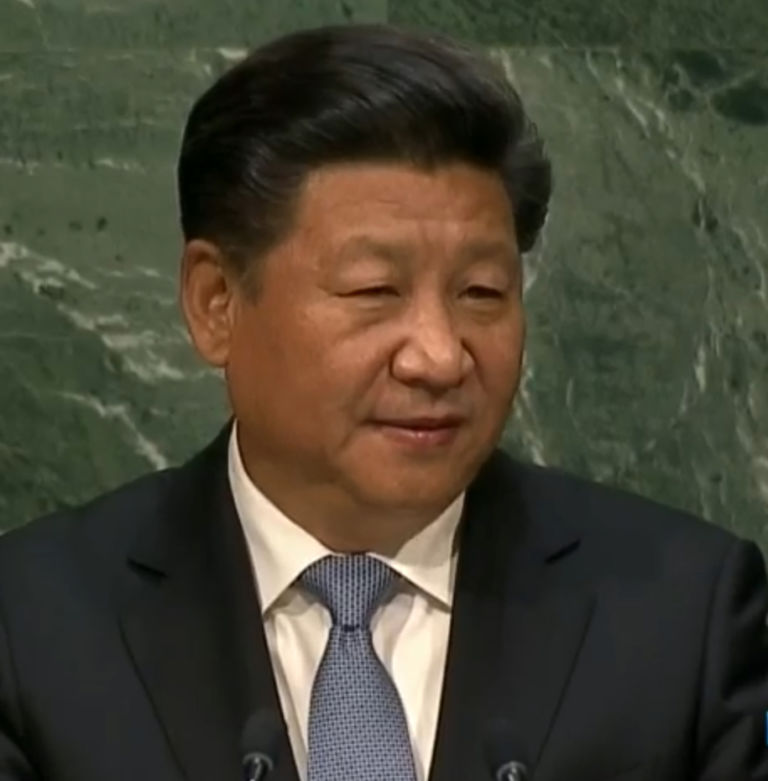Think you have to be a conservative pundit to find fault with President Obama’s Iraq policy? Perhaps you should consult the new book from Leon Panetta, Obama’s former defense secretary and CIA chief. The latest issue of TIME offers an excerpt.
We had leverage. We could, for instance, have threatened to withdraw reconstruction aid to Iraq if al-Maliki would not support some sort of continued U.S. military presence. My fear, as I voiced to the President and others, was that if the country split apart or slid back into the violence that we’d seen in the years immediately following the U.S. invasion, it could become a new haven for terrorists to plot attacks against the U.S. Iraq’s stability was not only in Iraq’s interest but also in ours. I privately and publicly advocated for a residual force that could provide training and security for Iraq’s military.
Under Secretary of Defense Michèle Flournoy did her best to press that position, which reflected not just my views but also those of the military commanders in the region and the Joint Chiefs. But the President’s team at the White House pushed back, and the differences occasionally became heated. Flournoy argued our case, and those on our side viewed the White House as so eager to rid itself of Iraq that it was willing to withdraw rather than lock in arrangements that would preserve our influence and interests.
We debated with al-Maliki even as we debated among ourselves, with time running out. The clock wound down in December, and Deputy Secretary of Defense Ash Carter continued to argue our case, extending the deadline for the Iraqis to act, hoping that we might pull out a last-minute agreement and recognizing that once our forces left, it would be essentially impossible for them to turn around and return. To my frustration, the White House coordinated the negotiations but never really led them. Officials there seemed content to endorse an agreement if State and Defense could reach one, but without the President’s active advocacy, al-Maliki was allowed to slip away. The deal never materialized. To this day, I believe that a small U.S. troop presence in Iraq could have effectively advised the Iraqi military on how to deal with al-Qaeda’s resurgence and the sectarian violence that has engulfed the country.


